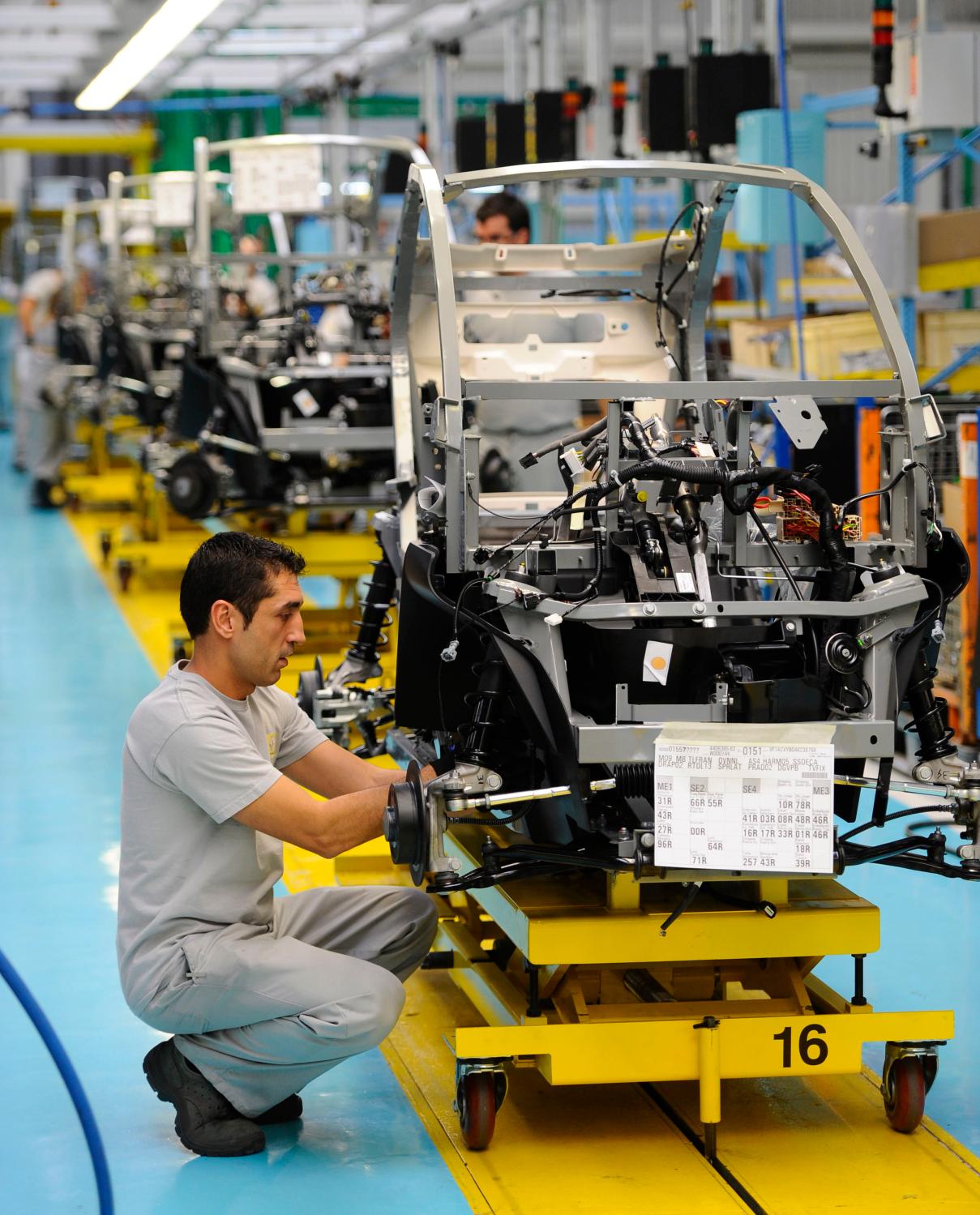Thirty-four years ago, the first foreign-owned auto assembly plant built in the South became reality in Smyrna, Tenn.
Now, over $30 billion of auto-related investment later, Tennessee’s industrial base faces another key juncture.
Today, in a new assessment being released in Nashville, we survey the increasingly complex competitive environment of the Tennessee auto industry and consider future prospects.
Five years after the Great Recession, a leaner and more intensely competitive auto sector is growing under new conditions. The state’s industry has emerged from a tumultuous decade with genuine momentum, and it now confronts continuous disruptive change and will need to recalibrate.
Yet, this moment in Tennessee also speaks to the broader competitive challenge facing both the U.S. auto industry as a whole and the broader portfolio of what we call “advanced industries” (AIs).
As defined by the Metropolitan Policy Program AIs like the auto industry are characterized by their heavy orientation toward R&D investment and science, technology, engineering, and mathematics (STEM) workers. As such, these high-value industries ranging from auto and aerospace to semiconductors and medical devices are crucial drivers of local and national innovation, trade, and employment as they generate 11 percent of the nation’s output, 46 percent of U.S. good exports, and about 16 million direct and indirect jobs.
These are basically good times for the Tennessee auto sector, as for the national industry.
Five years after the worst economic crisis in 70 years the state auto industry has been rapidly adding back jobs it lost and between 2010 and 2012 has actually expanded its share of the North American auto industry. That suggests that though the industry is smaller and leaner today, it is also relatively more competitive.
For its part, the broader national industry also continues to rebound. In August U.S. car and light truck sales sold at a seasonally adjusted annualized rate of 16.1 million, the fastest pace since October 2007. Industry forecasts predict the global auto industry will grow to 96 million vehicles by 2016—a 24 percent increase from last year.
And yet, our research counsels unease. While Tennessee managed to increase its share of the continent’s auto employment over the last decade the U.S. as a whole lost share—and meanwhile Mexico has been on a tear, increasing its share of North American employment from 27 percent in 2000 to nearly 40 percent today. The day is coming when the United States will contain less than half of the industry’s North American employment.
More profoundly, the rise of Mexico as the most formidable low-cost challenger in the hemisphere means the end of “labor cost arbitrage.” No longer will any American location be able to distinguish itself solely by low labor costs. Instead, all places will now need to compete in new ways to master such critical megatrends as the rise of increased supply chain intricacy, the need for a nimbler workforce, and the explosion of new technologies.
To be sure, attractive cost structures will remain a prerequisite for regional and state advantage. However, such factors will need to be complemented with new sorts of advantage: the operational excellence provided by local synergies, the ability to deliver excellent workers, and a flair for product and process innovation.
The challenge for the state of Tennessee is to “emerge as a premier global destination for high-value automotive production.” In the report, we suggest three strategies for increasing its advanced industries competitiveness that also speak to the work needed to advance AIs in other places. Along these lines, we are recommending that Tennessee’s auto industry and state government work together to:
- Drive continuous industry development
- Develop the workforce pipeline
- Commit to innovation at all levels of the supply chain
These are also the sort of action agendas other states should consider as they seek to build other AIs, whether it be the space industry in Colorado or the semiconductor industry in Texas or the medical devices industry in Minnesota.
The Brookings Institution is committed to quality, independence, and impact.
We are supported by a diverse array of funders. In line with our values and policies, each Brookings publication represents the sole views of its author(s).




Commentary
Keeping Tennessee Auto and Advanced Industries Competitive
October 4, 2013